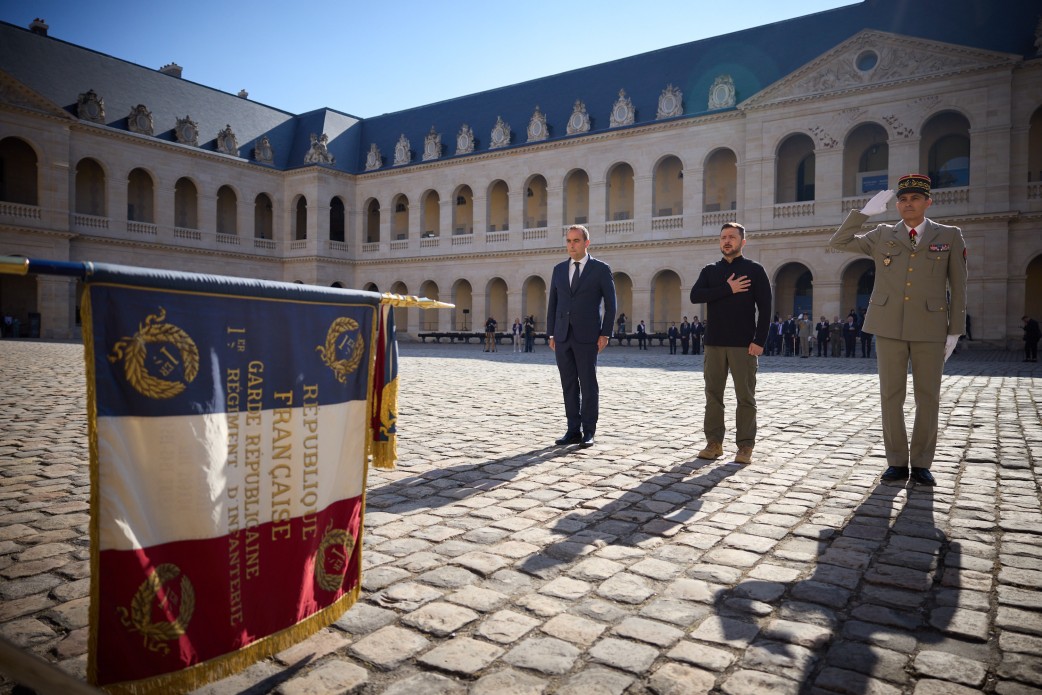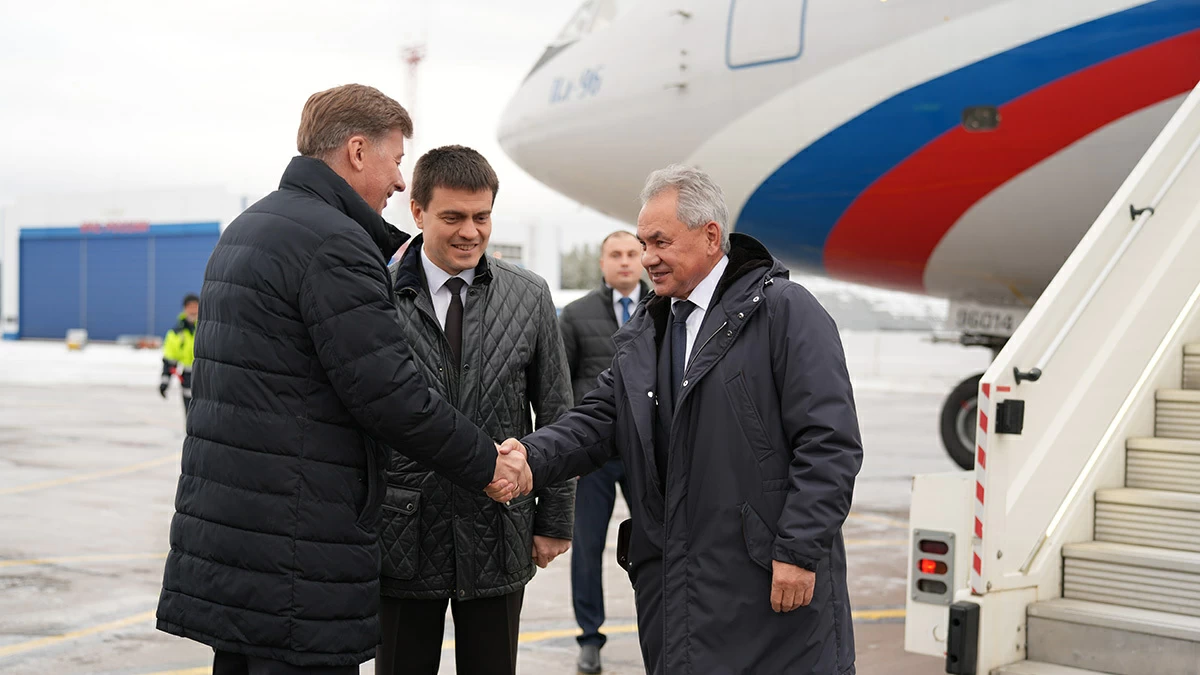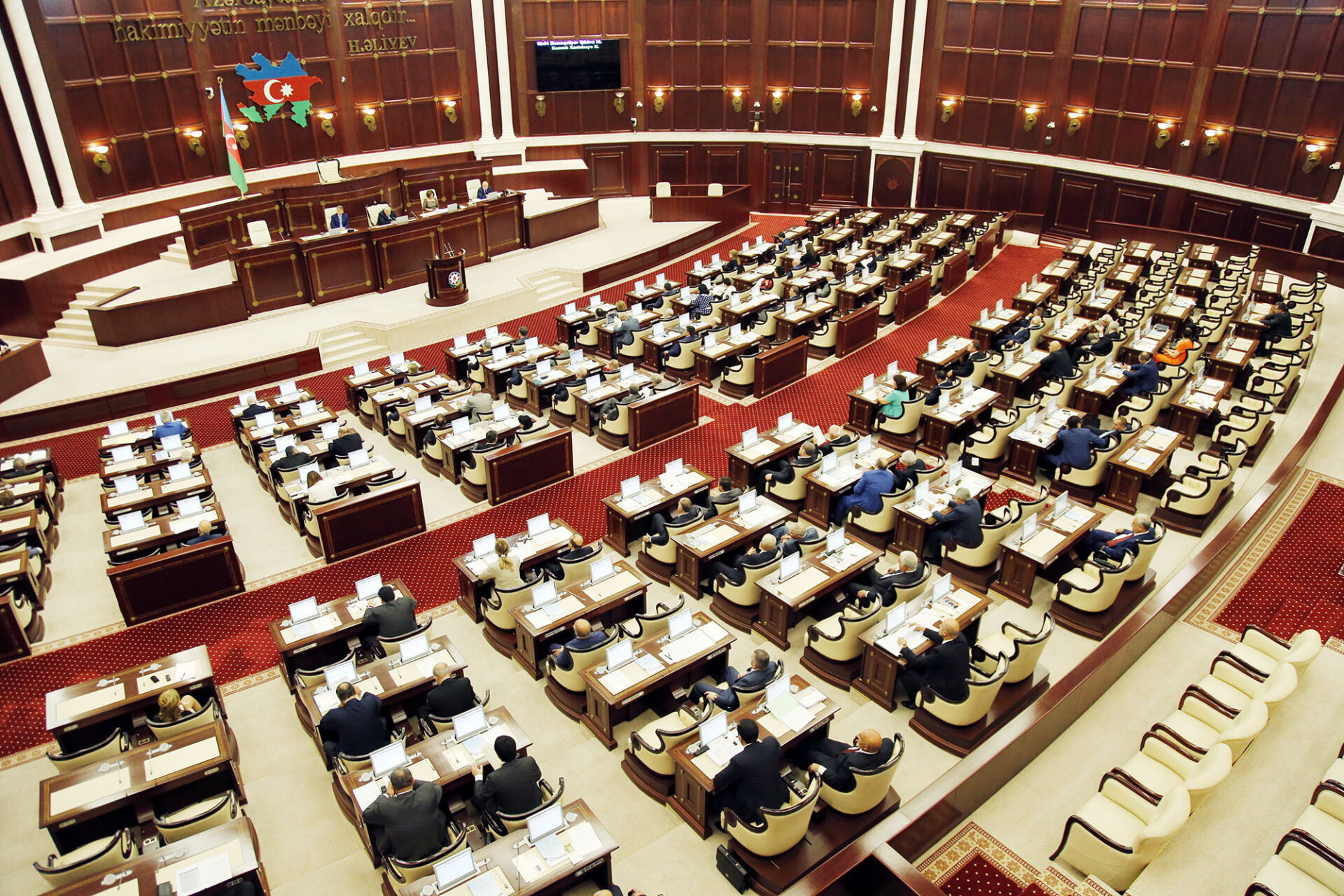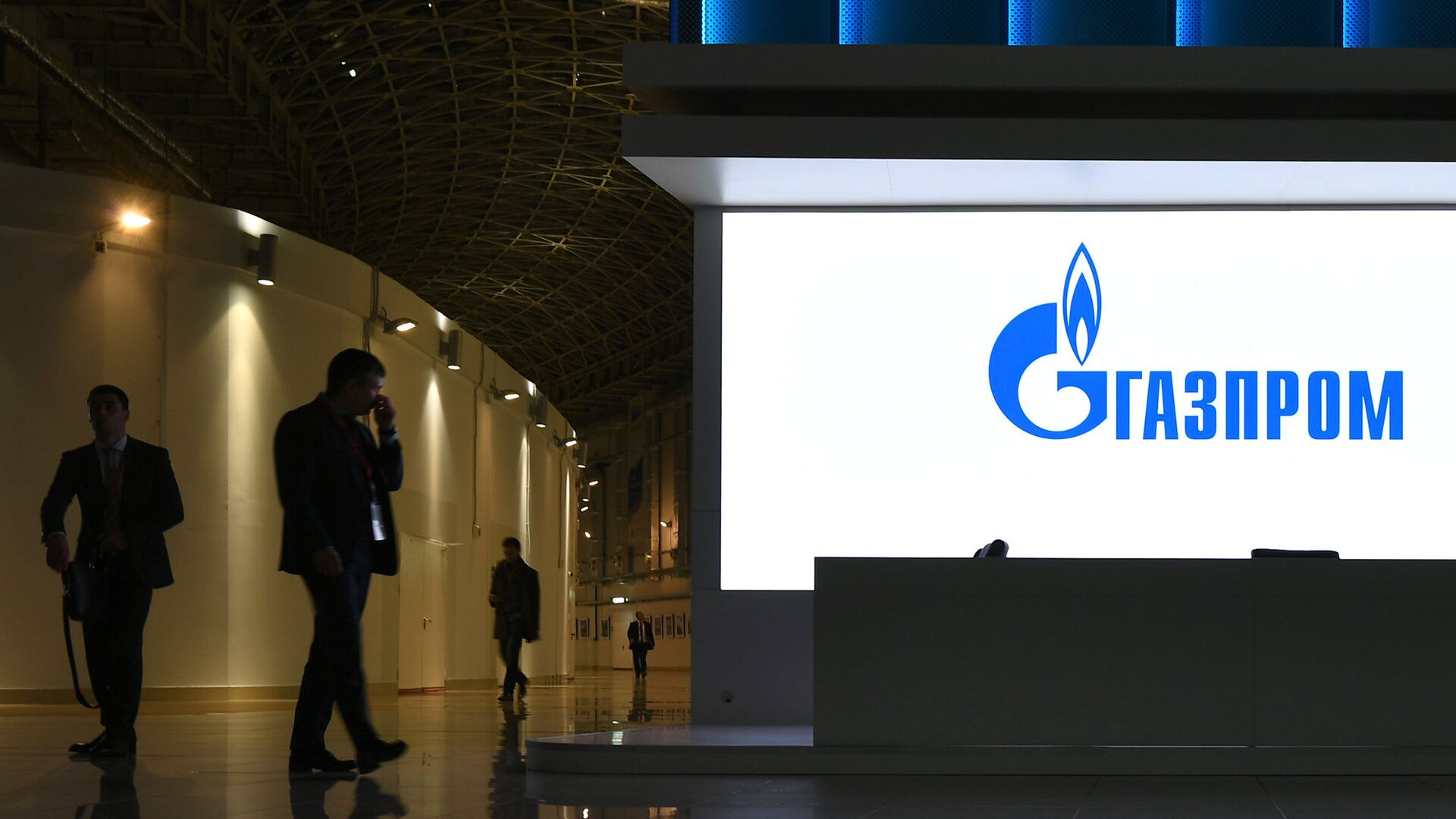
Normandy Sends a Powerful Message to Putin’s Posturing
Normandy Sends a Powerful Message to Putin’s Posturing
Executive Summary:
- Ukrainian President Volodymyr Zelenskyy’s attendance at the 80th anniversary of the Allied landing in Normandy highlighted Ukrainian and Western resolve against the real and immediate Russian threat to European security.
- Many European leaders have seemingly learned their lesson from offering concessions to Putin, who excels at exploiting those who prefer compromise, as seen in the 2014 Minsk agreements.
- Western stakeholders look to redouble their contributions in repelling Russia’s aggression to maintain Ukraine’s resilience and ensure a just and sustainable peace in Europe.
On June 6, the ceremony marking the 80th anniversary of the Allied landing in Normandy stood apart from the sequence of upcoming summits and high-profile events. These include the Group of Seven (G7) gathering on June 13–15 and the North Atlantic Treaty Organization (NATO) summit in Washington on July 9–11. The presence of veterans of that momentous battle on the beaches of Normandy made the words about the struggle between democracy and tyranny ring strong and true. Ukrainian President Volodymyr Zelenskyy embraced these veterans. His presence, perhaps more than any specific declarations, asserted that the fight for freedom continues and requires sacrifices from generations that have taken the values of peace and cooperation for granted (NV.ua, June 6; Novaya Gazeta, June 7). The Kremlin continues to portray its invasion of Ukraine as a response to existential threats from the West. The overall message in Normandy, however, punched multiple holes in that narrative, as, in truth, Russian President Vladimir Putin presents a real and immediate threat to Ukrainian statehood and European security.
Ten years ago, Putin was a guest of honor at a similar ceremony. He readily acknowledged the crucial role of US support for the Soviet war effort, while Western leaders praised the Soviet role in defeating Nazi Germany. Presently, revisionist distortions of World War II history are the major ideological underpinnings of Russia’s war against Ukraine. Some Russian commentators are eager to twist the true story of jointly fighting with Western countries in the past to fit the dominant narrative on confrontation with an intrinsically hostile West (Izvestiya, June 6). In Ukraine, on the contrary, the parallel between Putin’s Russia and Hitler’s Germany has been firmly drawn and extended to the vision of an allied operation that breaks the deadlock of the long war of attrition (NV.ua, June 6; RBC.ru, June 7).
The establishment of the Normandy Format among the leaders of France, Germany, Russia, and Ukraine emerged from the June 2014 meeting. These countries negotiated a compromise for managing the violent conflict in Donbas codified in the Minsk agreements. That deal is now perceived in Ukraine as a failure in the Western policy of “appeasing” Putin’s militarism. In Russia, it is denounced as a case of Western duplicity (Actual Comments, June 6). Russian propaganda decried the show of solidarity with Ukraine, demonstrated so vividly during the celebrations of courage and determination to fight for freedom, as malicious and unsustainable (Izvestiya, June 6). The US leadership, which remains indispensable for upholding Western unity against the threat of totalitarianism, is portrayed by Moscow pundits as both wavering and detrimental to Europe’s interests (Rossiiskaya gazeta, June 4).
US President Joe Biden is keen to reassure allies of a strong US commitment to collective security. Many European leaders have seemingly learned the lesson of the fiasco in offering concessions to Putin, who excels at exploiting those who prefer compromise (see EDM, October 5, 2022; May 10, 2023, February 26; Nezavisimaya gazeta, June 5). French President Emmanuel Macron sought to use Biden’s state visit on June 8 to assert his resolve in granting Ukraine every support it needs to defeat Russia. This includes sending military instructors to train new brigades and delivering Mirage 2000-5 fighter jets (TopWar.ru, June 6; The Moscow Times, June 7). The addition of F-16 fighter squadrons supplied by several European states looks to grant Ukraine a significant edge in the air, particularly by denying Russian bombers the possibility to drop heavy glide bombs at a safe distance from the frontlines. These squadrons would also have the capability to attack air bases deep within Russian territory (Republic.ru, June 4).
The prospect of Ukraine achieving superiority in the sky is a major worry for the Russian High Command. Putin has demonstrated the urge to prevent such a swing in the military balance by escalating threats aimed at dissuading European states from upping the quality of military support for Ukraine (The Moscow Times, June 7). Speaking at the St. Petersburg Economic Forum on the same day that Biden and Macron stood together with Zelenskyy on the Normandy beaches, Putin elaborated on Russia’s nuclear might and doctrine before asserting that there was no need to think on such matters (Kommersant, June 7). The production of vain speculations continues, nevertheless, and the propositions for a nuclear strike on a suitable target compete with arguments for exporting missile technologies to the conflict zones that touch vital US interests (Interfax, June 2; Forbes.ru, June 7).
This Putin-style strategic ambiguity has made plenty of headlines but has largely failed to curtail Western unity. Two major events this week will signify a new upgrade in this collective effort: the Ukraine Recovery Conference in Berlin on June 11 and 12 and the G7 summit in Apulia, Italy. A key decision point for the latter is the channeling of the profits from Russian financial assets frozen in Western banks to economic aid for Ukraine, which constitutes a significant step toward complete appropriation of these assets (Kommersant, June 6). The former conference will likely seek to shift the focus from postwar rehabilitation to the immediate task of constantly rebuilding Ukraine’s energy infrastructure, which continues to be a primary target of Russian missile attacks (The Moscow Times, June 1).
These events are meant to lay a strong foundation for the Summit on Peace in Ukraine, scheduled for June 15 and 16 in Bürgenstock, Switzerland (see EDM, May 28; Vedomosti, June 3). Russian diplomacy has invested massive efforts in sabotaging this gathering, and China’s refusal to partake is a major blow to the Ukrainian plan in ensuring the broadest possible participation (Izvestiya, June 5). Zelenskyy has already agreed to narrow the agenda to discussing the issues of global importance, including enhancing food security and ensuring the safety of nuclear power generation, rather than focusing on restoring Ukraine’s territorial integrity. Now, however, he must adjust his ambitions further (Kommersant, June 7).
The long war puts extensive pressure on all parties. Ukraine’s resilience demands that Western stakeholders redouble their contributions to repel Russia’s aggression to ensure a just and sustainable peace in Europe. Ukraine also deserves its place in the transatlantic alliance, and the forthcoming NATO summit in Washington looks set to confirm this perspective yet again. However, the road to that victory will be just as difficult as the one that led to the longest day in Normandy in June 1944. Dictators may bend millions of people to their will, but democracies have the advantage of standing together in the fight for freedom. This message of unity is reinforced at every high-level meeting and, in particular, by the celebration of veterans who inspire the heroes defending Kharkiv and Odesa.


